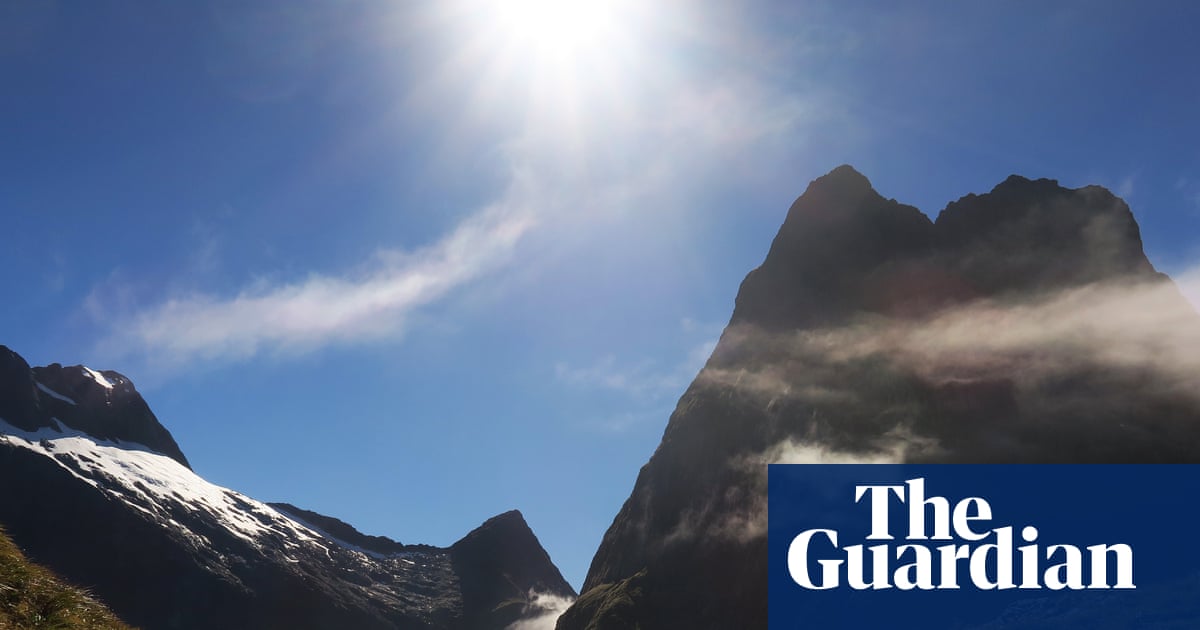Visitors to pay up to NZ$40 to access certain attractions in coming years amid overhaul of conservation laws
The government plans to start charging foreign visitors NZ$20-40 ($12-24) per person to access some sites. Initially, those would probably include Cathedral Cove/Te Whanganui-a-Hei, Tongariro Crossing, Milford Track and Aoraki Mount Cook. The fees are likely to be imposed from 2027.
The conservation minister, Tama Potaka, said those fees could generate NZ$62m a year “so we can keep investing in the sites that underpin so much of our tourism sector”.
The government’s announcements form part of a wider shake-up of conservation law that will also make selling or exchanging conservation land easier and allow more activities to go ahead on conservation without needing a permit.
“In the spirit of saying yes to more jobs, more growth and higher wages”, the government would “unleash a fresh wave of concessions” including in tourism, agriculture and infrastructure at some locations, the prime minister, Christopher Luxon, said on Saturday.
Conservation land is protected, publicly owned land and makes up a third of New Zealand territory. It covers areas with biodiversity, historic or cultural value.
Some businesses such as ski fields and grazing already operated on conservation land but many other businesses struggled to gain the same permission, Luxon said.
It is the latest policy that seeks to loosen regulation on natural sites and species to enable economic growth. In 2024, the government passed a law that could see contentious mining and infrastructure projects fast-tracked for approval. It has also proposed a law change to make it easier for companies to kill protected wildlife in order to pursue certain infrastructure projects. Conservation and climate initiatives have also faced budget cuts.
But critics say the changes risk harming the environment and vulnerable species. New Zealand has high rates of endemic biodiversity but some species are in worrying decline, with a high proportion threatened or at risk of extinction.
Green party co-leader Chlöe Swarbrick said Luxon was putting profit above the protection of nature.
“That tells us everything we need to know about who he thinks he works for. It’s not regular people, future generations or a healthy environment,” she said in a statement to the Guardian.
Nicola Toki, the chief executive of New Zealand’s largest conservation organisation, Forest & Bird, said the latest reforms “represent the most significant weakening of conservation law in a generation” and would increase pressure on vulnerable species.
“They shift the focus from protection to exploitation, dismantling the very purpose of our national parks and conservation lands.”
Source: www.theguardian.com
